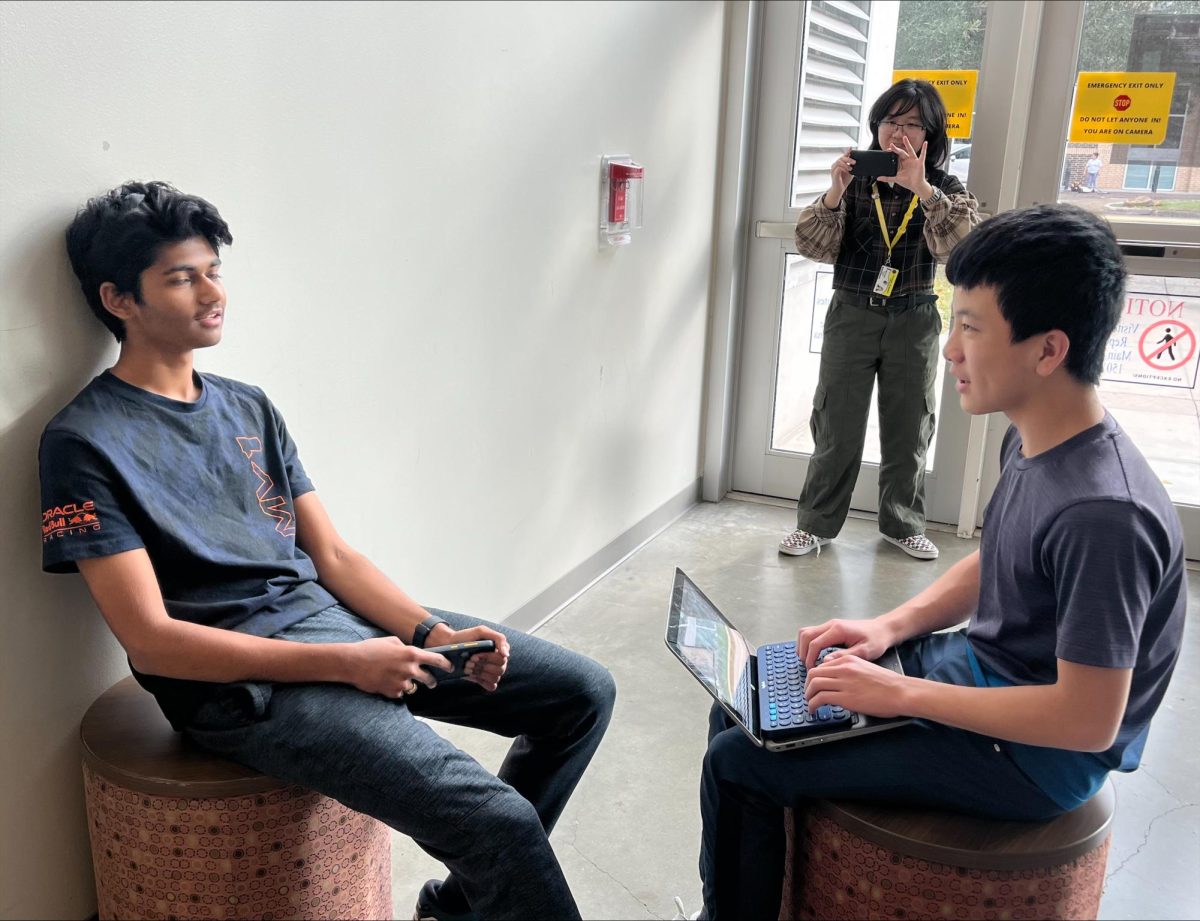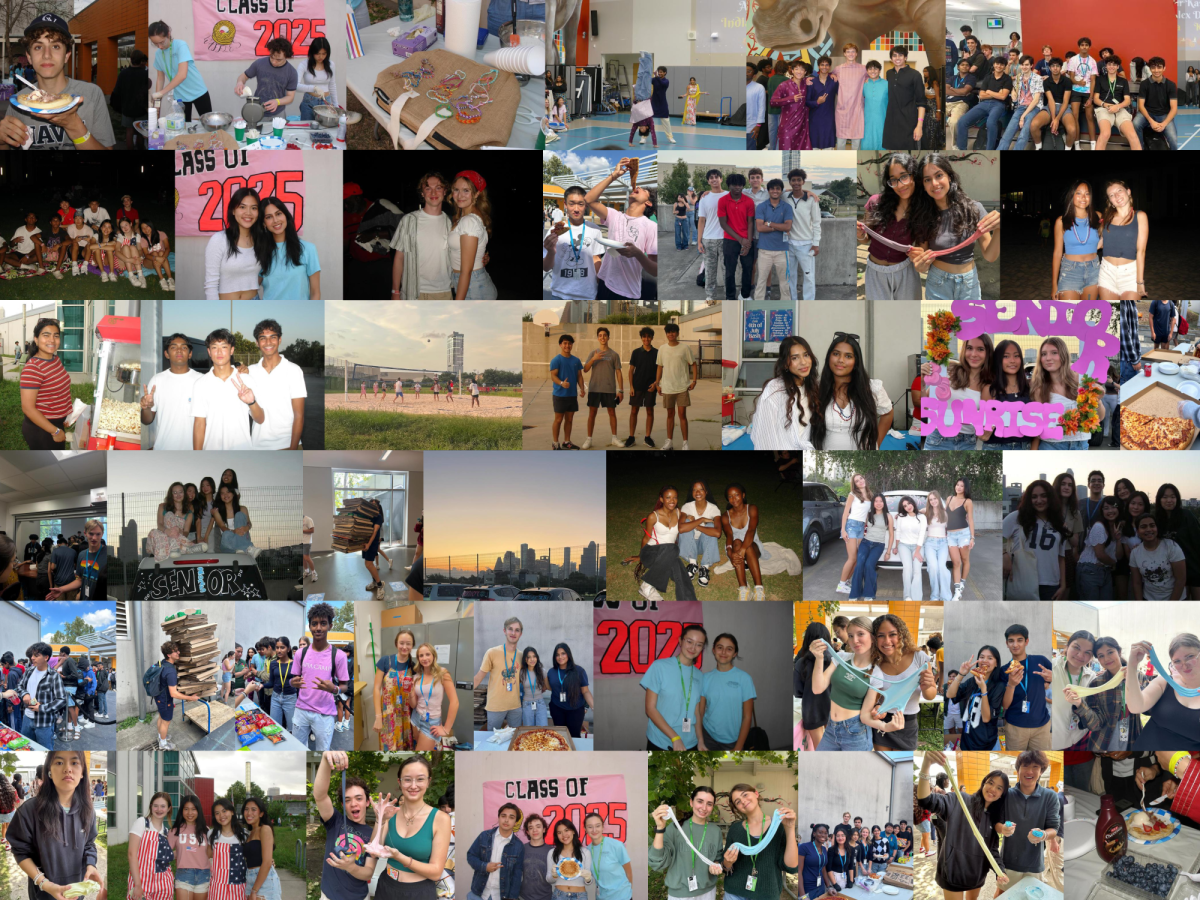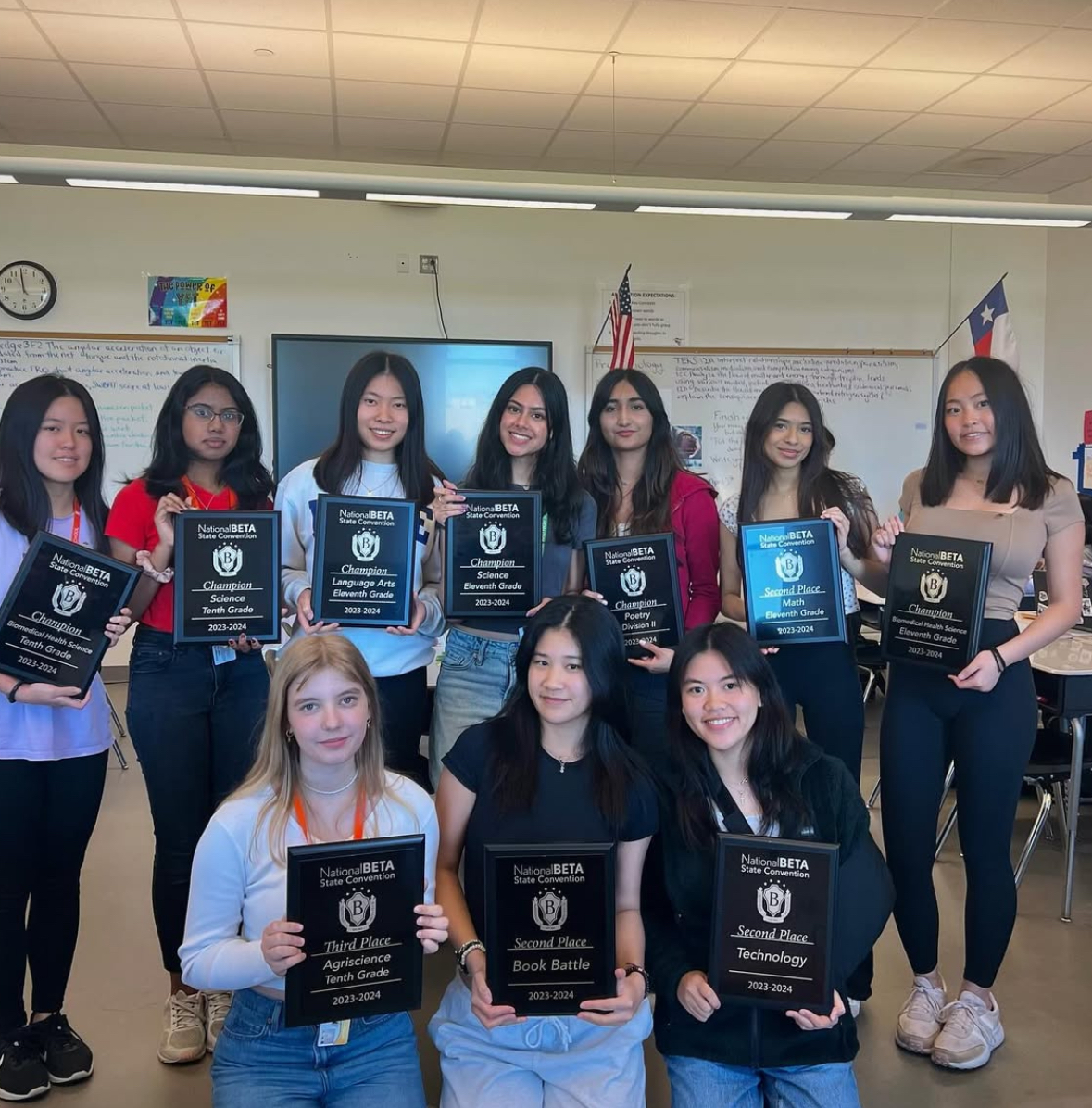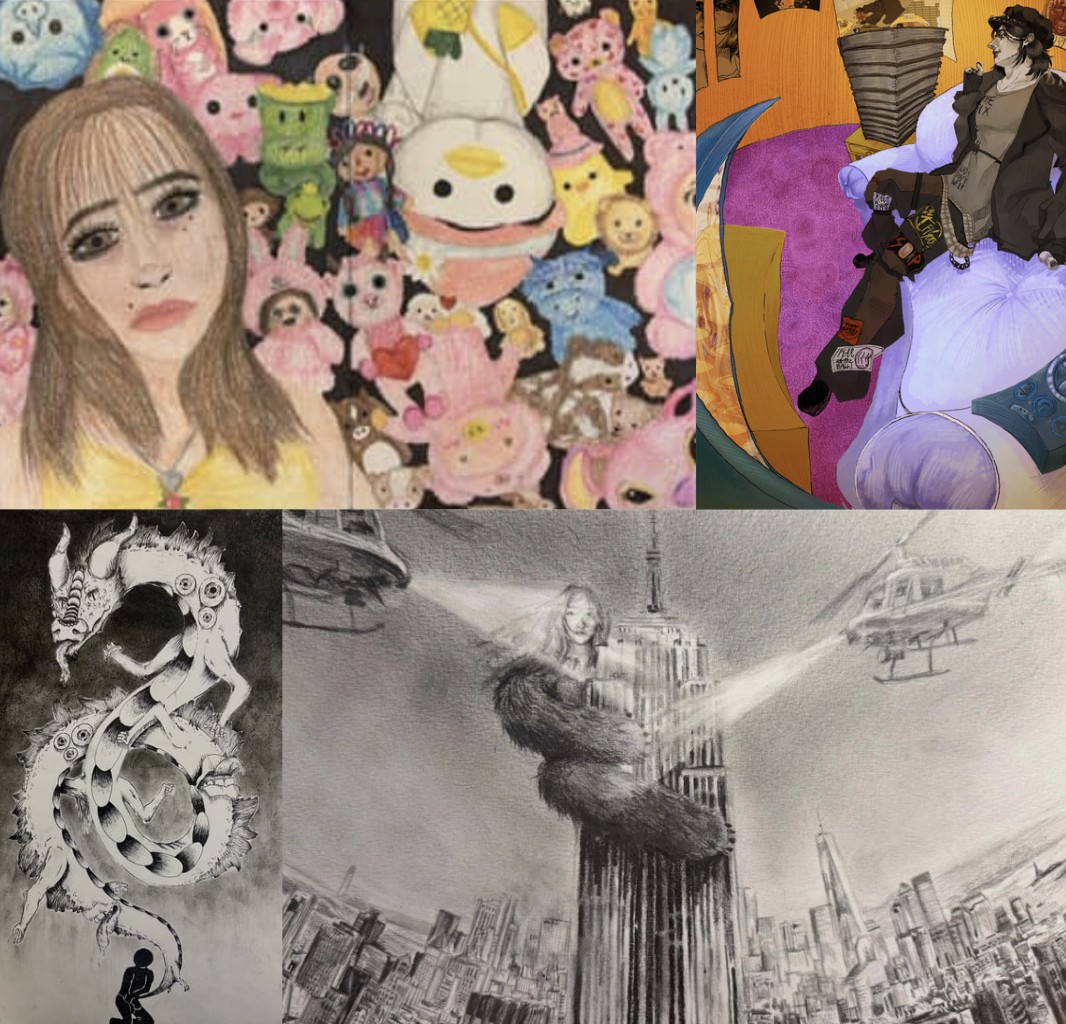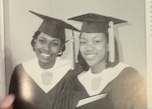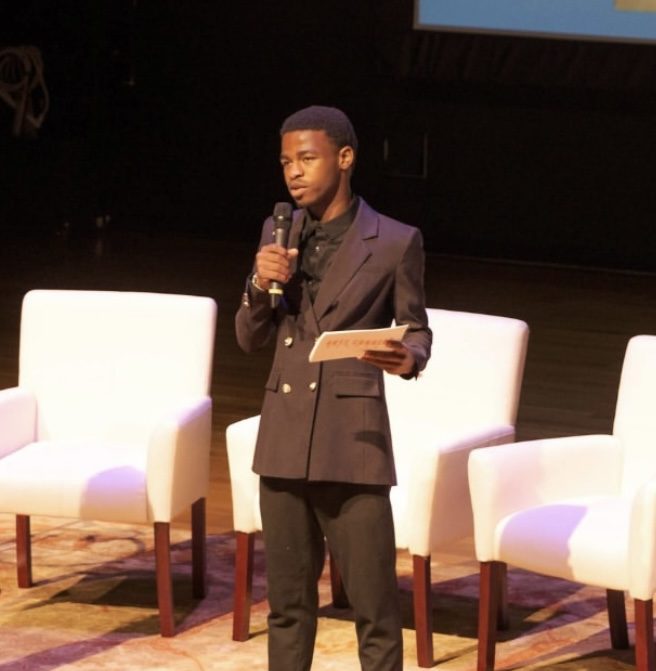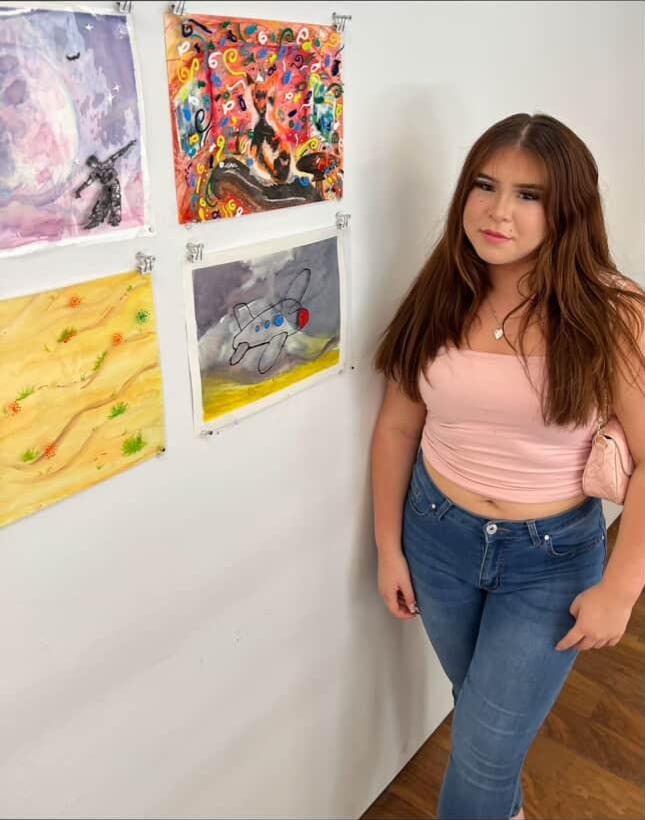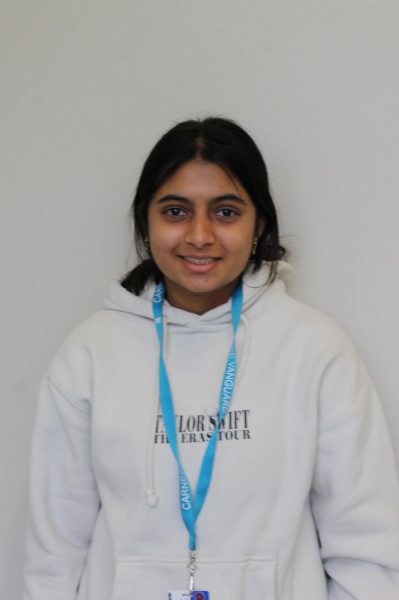The air buzzes with the weight of ambition, 5s on AP exams, and college dreams. Words like “GPA” and “class rank” become an unofficial soundtrack that bustles through the hallways during each passing period between classes. It is also not uncommon to see students crowded in the hallway during classes, collaboratively working on projects, or groups in the library quizzing each other for an upcoming test. In the midst of academic frenzy, compassion and competition coexist while just about preventing any sudden outbreak of a high school Hunger Games.
As the 5th most challenging high school in Texas according to U.S News and World Reports, Carnegie fosters a unique student environment. Much like the Hunger Games, the demanding workload at Carnegie can lead to sleep deprivation, heightened stress levels and intense competition among students striving for high test scores.
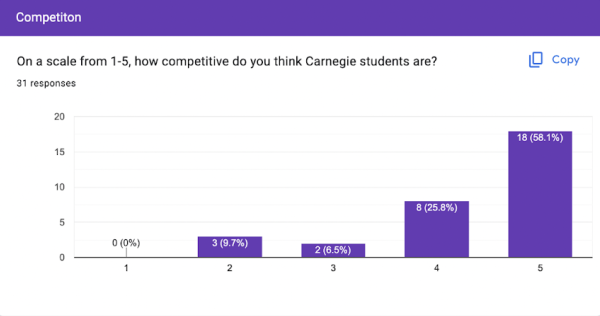
Cheating and test difficulty often make an average day in Carnegie life into some kind of competition. In an anonymous survey conducted by Upstream News, Carnegie students rated competition a “five” on a scale of one (being the lowest) to five (being the highest), citing casual hallway talk as questions of “What’s your grade? What’s your GPA? What’s your SAT score? What rank are you?” rather than the usual high school chatter of “What are you wearing to the dance?” or “Did you hear what ‘fill in the name’ did this weekend?”
Carnegie is not all about academic competition and hard tests, though. Teachers, staff, and students try to cultivate an inclusive, compassionate environment that celebrates learning.
“There’s so much support and people are always going out of their way to help each other and do things for each other,” AP Psychology and English Literature teacher Kris Casperson says.
As a teacher, Ms. Casperson has experienced her fair share of instances of kindness between students, teachers, and school administration.
“I see students talking to each other helping each other. You know, you guys may not realize. I know some of your teachers may have said it to you, but teachers see and hear so much you guys aren’t aware of because you’re focused elsewhere,” Casperson says.
Though compassion is prominent, talks of grades and competition are too.
“My advocacy, I’ll hear them say, oh, ‘so and so’ just posted whatever grade and then everybody goes and then they all get on their computer or their cell phone, and then they’re all sharing like grades and whether they’re excited, relieved, disappointed.” Casperson says.
At a school as competitive as Carnegie, it would not be unusual to think that grades can cause a rift in relationships amongst students, however, Carnegie fosters a unique environment where both grades and friendships can be prioritized.
“So, yes, at the end of the day, you know, you’re technically [. . .] having to be in a situation where you are competing, but I think day to day the students here do a pretty good job of not letting that be the foundation for relationships, which I think that’s where it gets really, really dangerous … when people take their ranks or their performance too seriously, and sort of, you know, substitute that for their self identity.” Casperson says.
In Ms. Casperson’s career, acts of kindness have held personal and professional importance.
“Years ago we had a brand new math teacher, and you might imagine, and it would be cool. And he was content that he was a math guy, but all of the like soft skills, the like relating to students, relating to colleagues, you know, juggling everything work-life balance. He was having a really hard time struggling with it. Absolutely, again, not a math person, I couldn’t help him with content for the lessons, but it was really really awesome that I volunteered to mentor him” Casperson says.
Jonathan Lowe, AP Physics 1 and Physics C teacher offers a different approach to creating a healthy environment. Every day, when students walk into his room, they are greeted with a Peardeck slide asking how they are doing. After he goes through each single response, he has them rank their mood on a scale of 1-10.
“What people write matters, when a kid says I was up until four in the morning doing something, you know that’s a red flag,” Lowe says.
After every daily check-in, he reminds students that they are free to talk to him, and offers his lunchtimes and advocacies to students who are struggling mentally and academically.
“I have a history of anxiety and depression, so I recognize that it’s real. Most humans were trained that health refers to your physical state of being and I see that as only half the picture… it’s not so apparent when somebody is having huge anxiety or depression or things like that. So that’s where this bar is- just an easy check,” Lowe says.
From mentoring new teachers to supporting students, Carnegie emits an environment where success and support is emphasized. Students also feel strongly about the culture of competition versus compassion. When we asked students in a survey (anonymously) how kind Carnegie students were to one another, many responses varied.
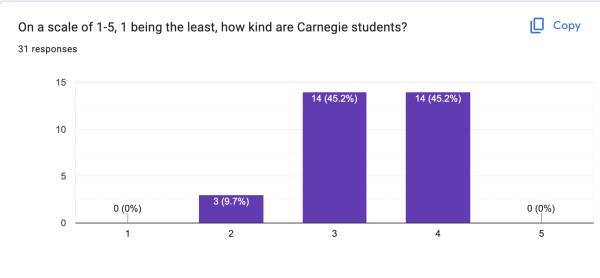
Students responded: “Competition often takes precedence, but some people are good. More ‘compassionate’ things are done for volunteering, such as peer tutoring,” and “There’s no sense of community here.”
When we asked students in the survey how kind Carnegie teachers and administrators are, the responses also varied. Students responded: “Most Carnegie teachers and administrators are very available to their students and take an active interest in their students’ learning,” and, “There are many nice teachers who are also very understanding. Most of them are in the English hallway. But there are others that just don’t seem to understand that if you’re having a hard time in class, it’s not because you don’t care. Some students are actually stressed or have many things going on.” We then conducted one-on-one interviews with available students to better understand their views.
“I think it’s [Carnegie] very competitive. Obviously affected me because like, there’s a lot of cheating going on. And trying to get the first spot” said freshman Andrew Fernandez.
Competition can also vary from class to class.
“AP Human, there’s a lot of competitiveness, because it’s like reading quizzes and stuff,” Fernandez said.
However, collaboration can often outweigh competition when it comes to group work.
“I feel like by like, making group projects a foster, like, like collaborative. Like any bio, we have to make some work. It’s also not that competitive when it comes to group projects,” Fernandez said.
Ana Romero, a freshman at Carnegie offers another perspective.
“If they’re like friends or close, I’ll be like, high five gotta, You go girl! You know, I’ve never had anyone react negatively to my successes,” Romero said when asked about how students act to each other’s successes and failures.
Much like Hunger Games competitors, Carnegie students often feel the pressure to “suit up” and create battle plans before entering the arena of high school. With midterms approaching, competition at Carnegie has been amplified by the echoes of study strategies and content reviews.
Minus the bow and arrows, Carnegie is also known for its rigor and ambitious student body, but competition isn’t the only thing making Carnegie Carnegie. Like Rue and Peeta, students recognize it equally as a culture valuing compassion, collaboration and healthy competition. Here, the intersection between kindness and competition forms a dynamic where students pursue excellence within a positive and supportive community.

